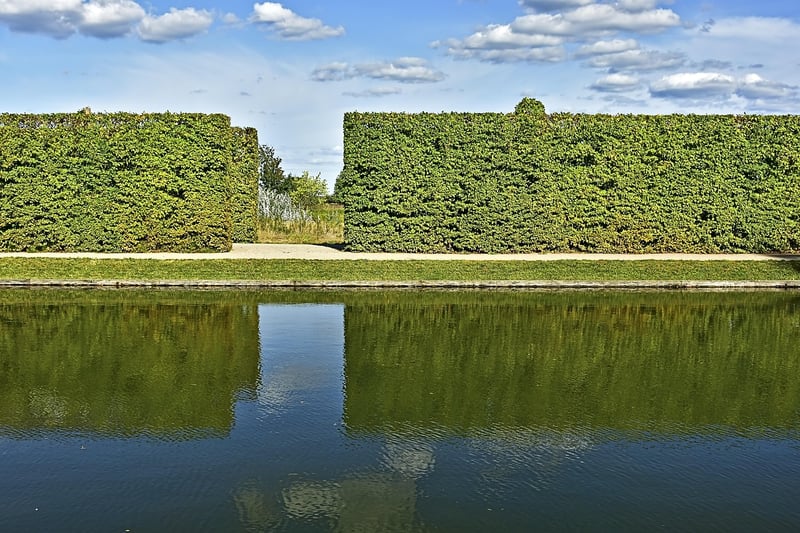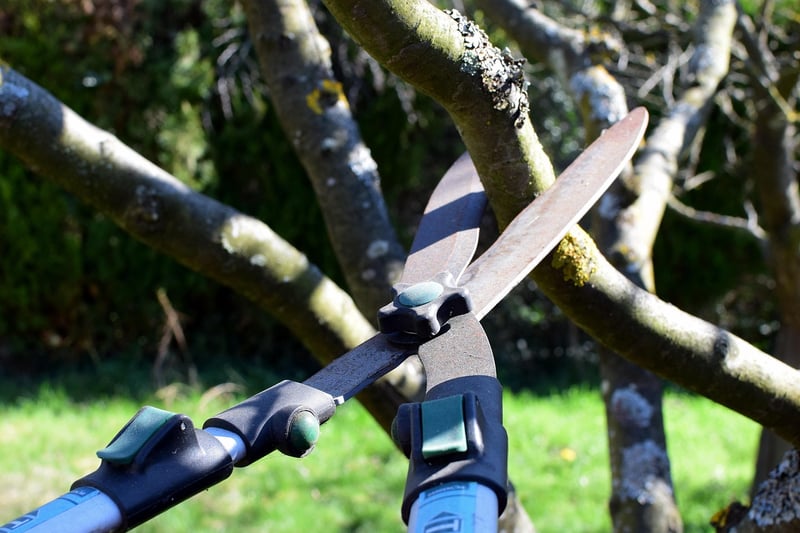Pruning Techniques
Keeping Your Garden Healthy: Essential Pruning Techniques
Having a healthy garden not only enhances the beauty of your outdoor space but also promotes the growth and well-being of your plants. One crucial aspect of garden maintenance is pruning, which involves selectively removing parts of a plant to improve its structure, health, and appearance. Here are some essential pruning techniques to help you keep your garden in top shape.
1. Deadheading Flowers
Deadheading is the process of removing spent flowers from plants. By doing this, you encourage the plant to produce more flowers, leading to a prolonged blooming period. Use clean pruning shears to snip off the faded blooms just above a set of healthy leaves or buds.

2. Thinning Out Overgrown Branches
Overgrown branches can hinder the growth of a plant by blocking sunlight and airflow. Thinning out excess branches allows more light to reach the inner parts of the plant, promoting healthy growth. Identify and remove crowded or crossing branches to improve the plant's overall structure.

3. Shaping Shrubs and Hedges
Regularly shaping shrubs and hedges not only maintains their aesthetic appeal but also encourages dense and healthy growth. Use sharp pruning tools to trim the outer edges of shrubs and hedges, keeping them tidy and promoting new growth from the base.

4. Pruning Fruit Trees
Pruning fruit trees is essential for improving fruit quality and quantity. Remove dead, diseased, or damaged branches to prevent the spread of infections. Additionally, thin out excess fruit-bearing wood to redirect the tree's energy towards developing healthy fruits.

By incorporating these pruning techniques into your garden maintenance routine, you can ensure the health and vitality of your plants while enhancing the overall beauty of your outdoor space. Remember to use clean and sharp tools to make precise cuts and minimize stress on the plants.
Happy pruning!
